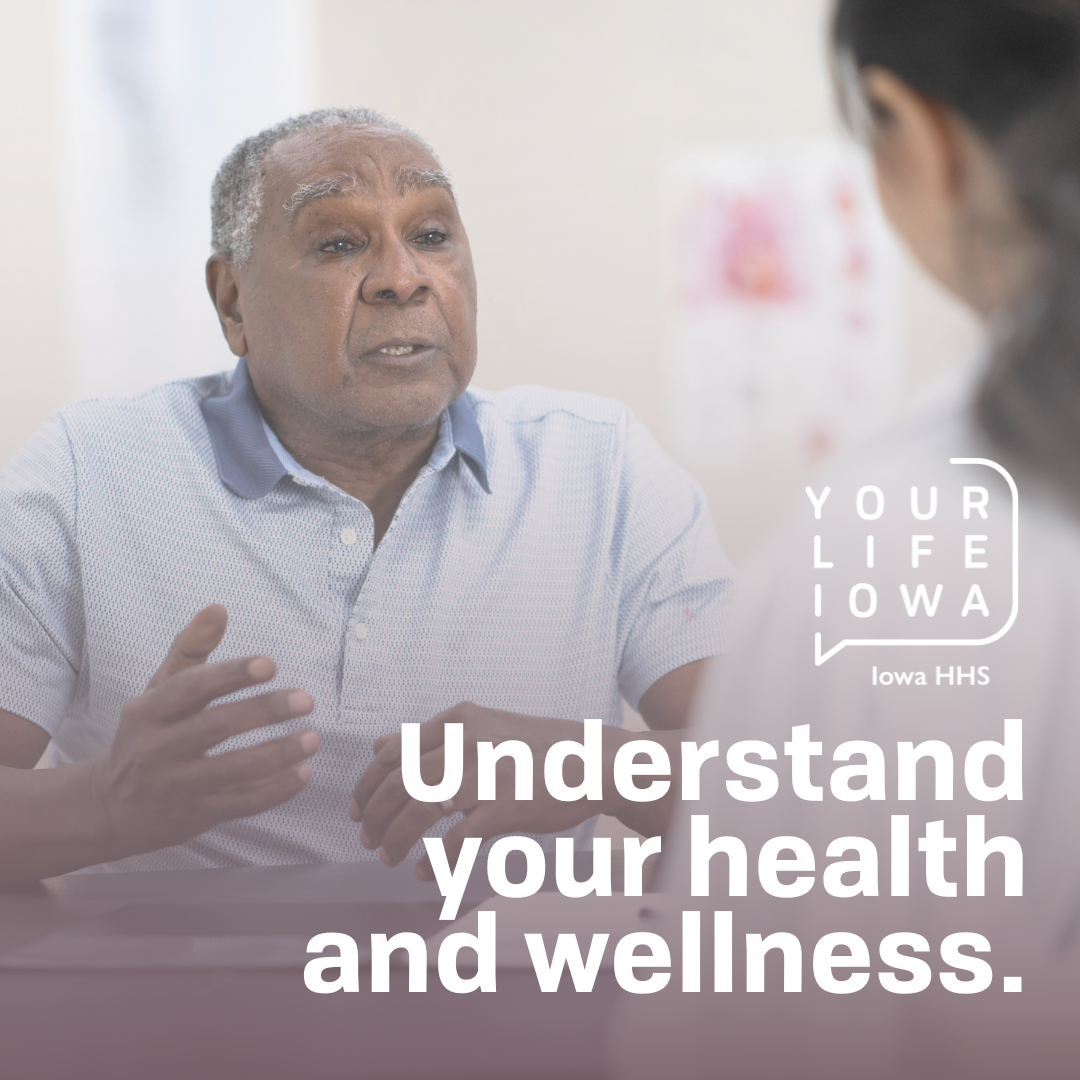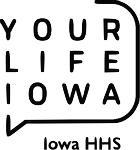Published Oct. 8, 2024
 Every October, we celebrate Health Literacy Month. It’s a time to talk about why understanding health information is so important. But what is health literacy? It’s the ability to find, understand and use information about your health to make good decisions. For example:
Every October, we celebrate Health Literacy Month. It’s a time to talk about why understanding health information is so important. But what is health literacy? It’s the ability to find, understand and use information about your health to make good decisions. For example:
- Knowing how to read a medicine label.
- Asking the right questions at a doctor’s visit.
- Following instructions after a medical procedure.
Let’s dive into what health literacy is, why it’s important and how you can improve it for yourself and others!
What Is Health Literacy?
Health literacy is all about understanding everyday health information, such as:
- Reading food labels at the grocery store.
- Understanding what your doctor says.
- Finding reliable information online about staying healthy.
Good health literacy results in making informed and smarter choices about staying healthy.
Why Is Health Literacy Important?
When people understand their health better, they can take action to stay healthy. When people don't understand health information given to them, they may not stay healthy. For example, if a person can’t read the instructions on their medicine, they might take it the wrong way. This could have a dangerous outcome for the person.
Health literacy helps us to:
- Make healthier choices in our daily lives.
- Understand how to manage illnesses.
- Know when to visit a doctor and what questions to ask.
- Avoid common health risks like smoking or unhealthy eating.
How Can We Improve Health Literacy?
Improving health literacy is important for everyone. Here are some ways to get better at understanding health information:
- Ask Questions: Don’t be afraid to ask your doctor or nurse to explain something you don’t understand. It’s important to know what’s happening with your health.
- Use Simple Language: When talking about health, use words that are easy to understand. Doctors and health workers should keep things simple.
- Look for Reliable Information: There’s a lot of information online, but not everything is true. Make sure to get your health information from trusted sources. Trusted sources include doctors, health organizations or government websites.
- Practice Reading Health Materials: Look for health related brochures, flyers and websites that talk about health that are easy to understand. Many health centers and libraries offer these.
Health Literacy for Everyone
It’s important to remember that health literacy is for everyone. Kids and teenagers also need to learn how to understand their health. Learning about health in school, at home and in the community helps build lifelong skills.
Health literacy helps keep us all safe and healthy. Take the time to find out more about living a healthy lifestyle.
